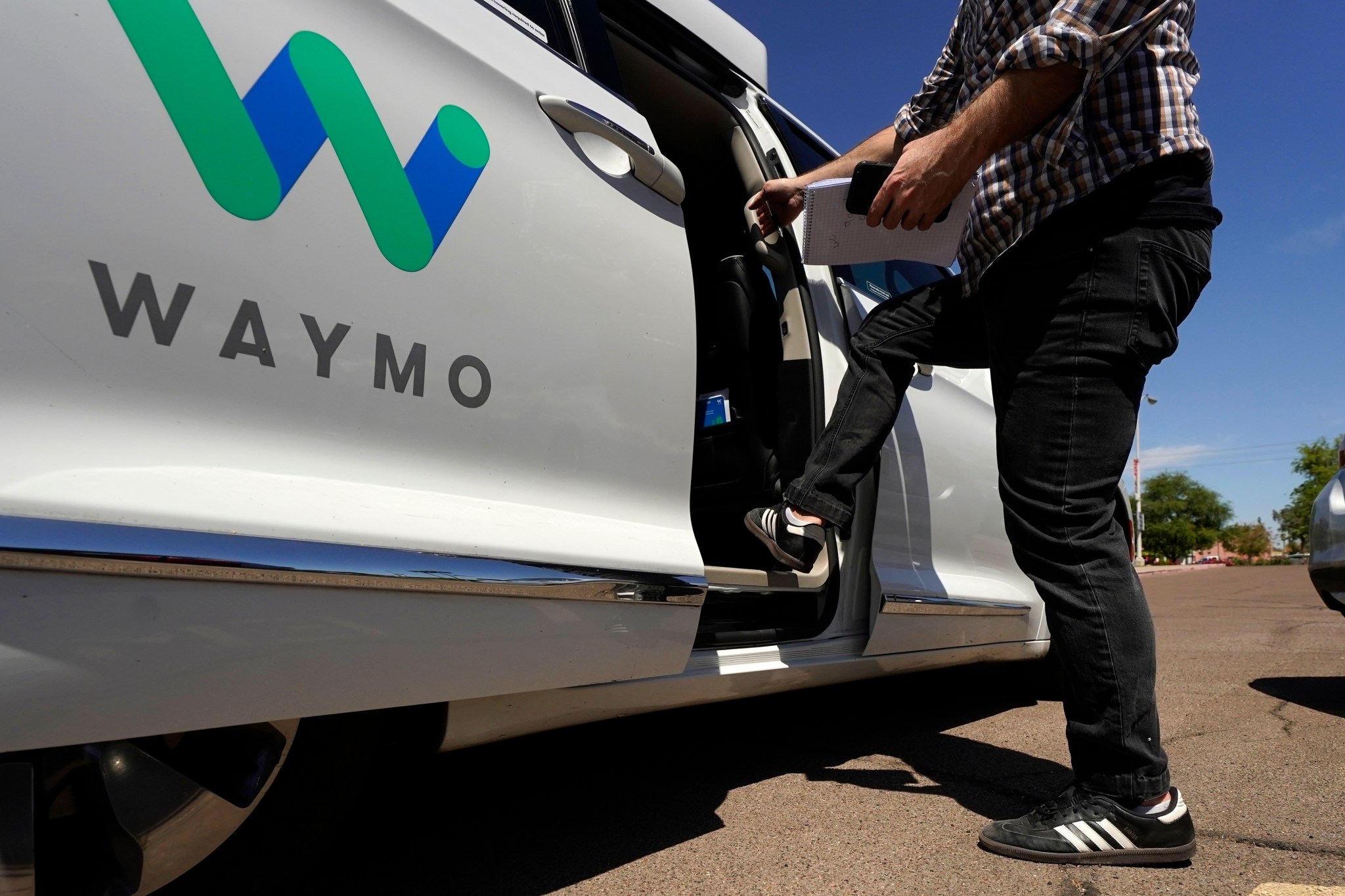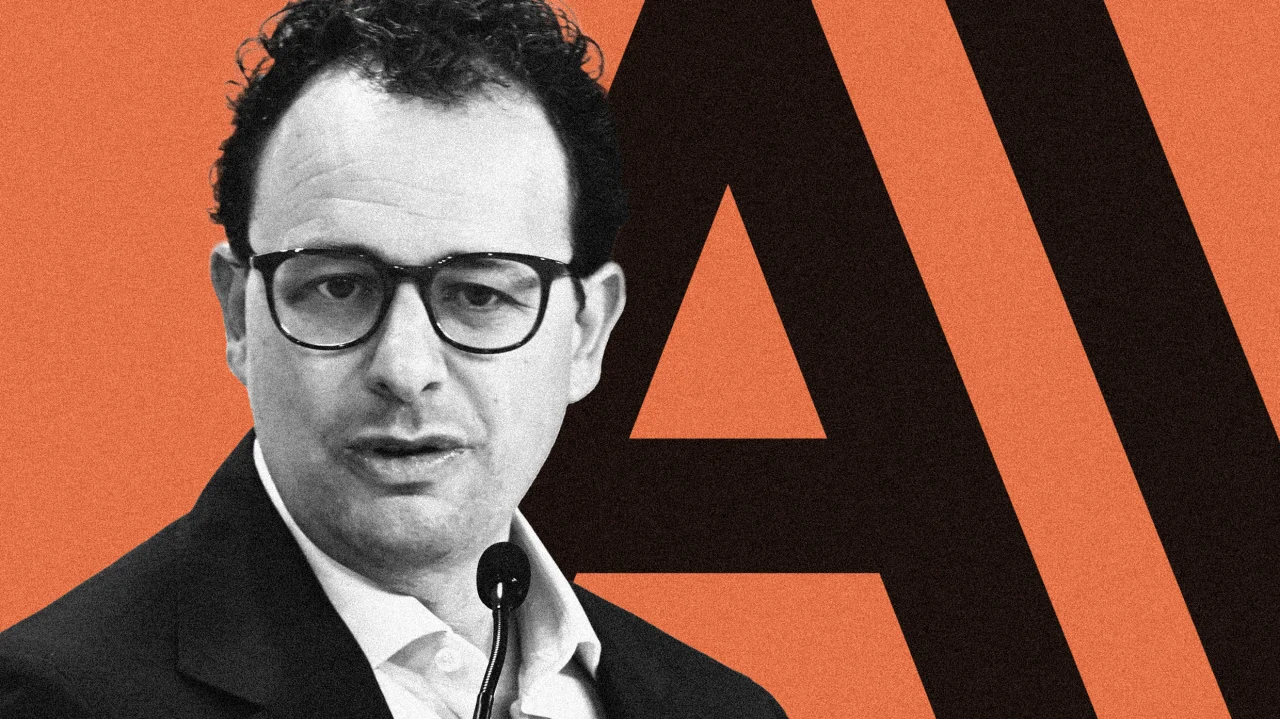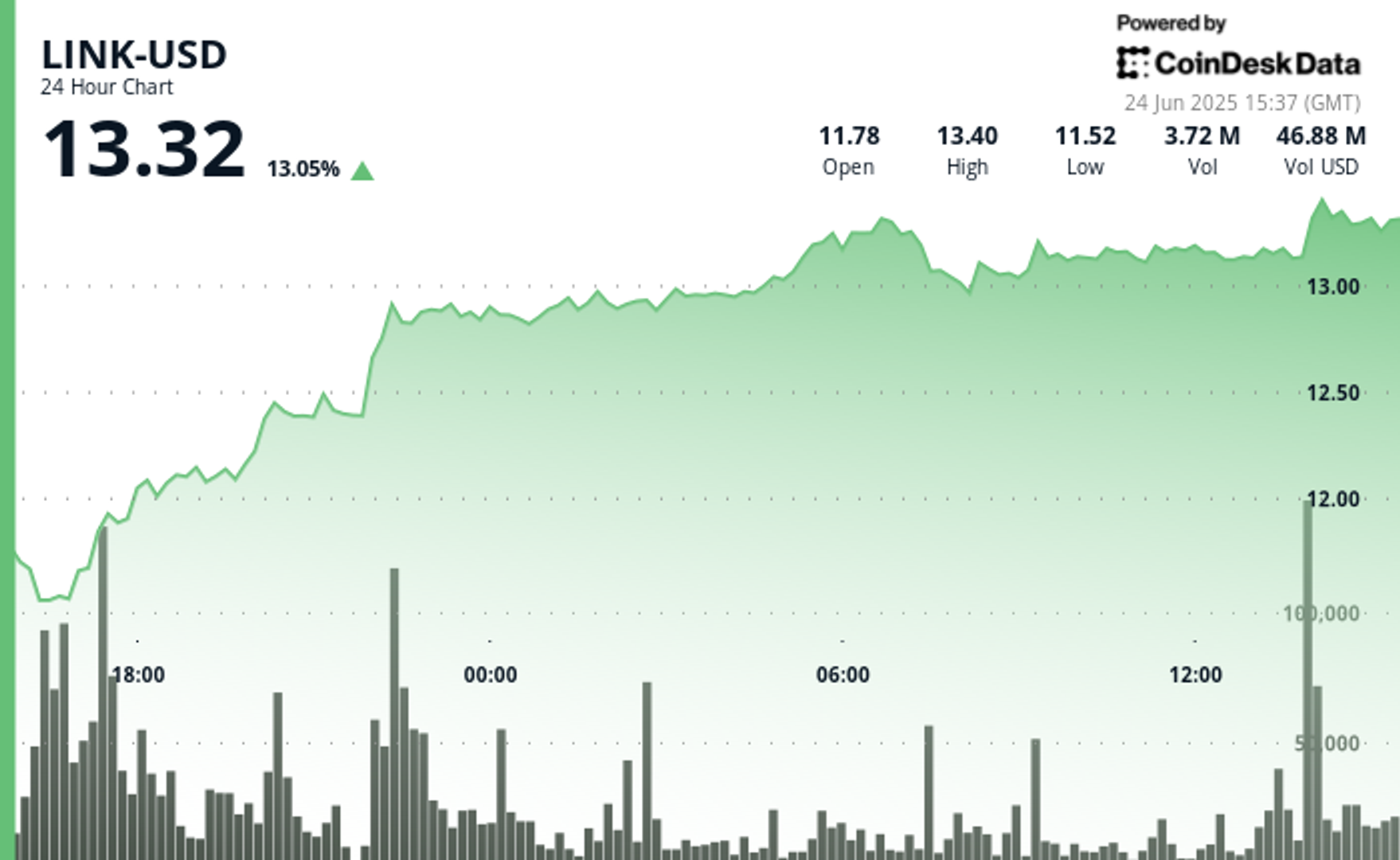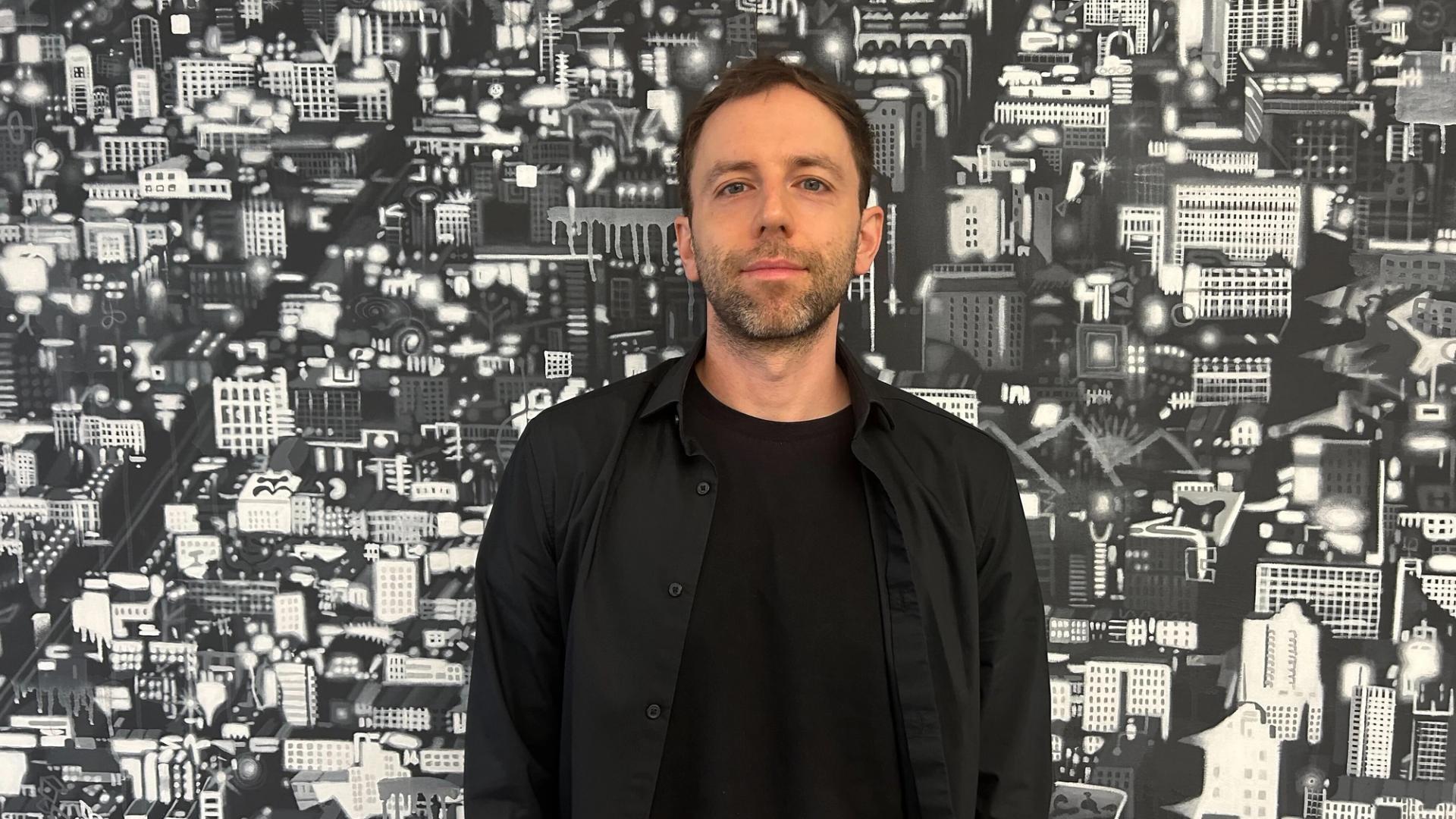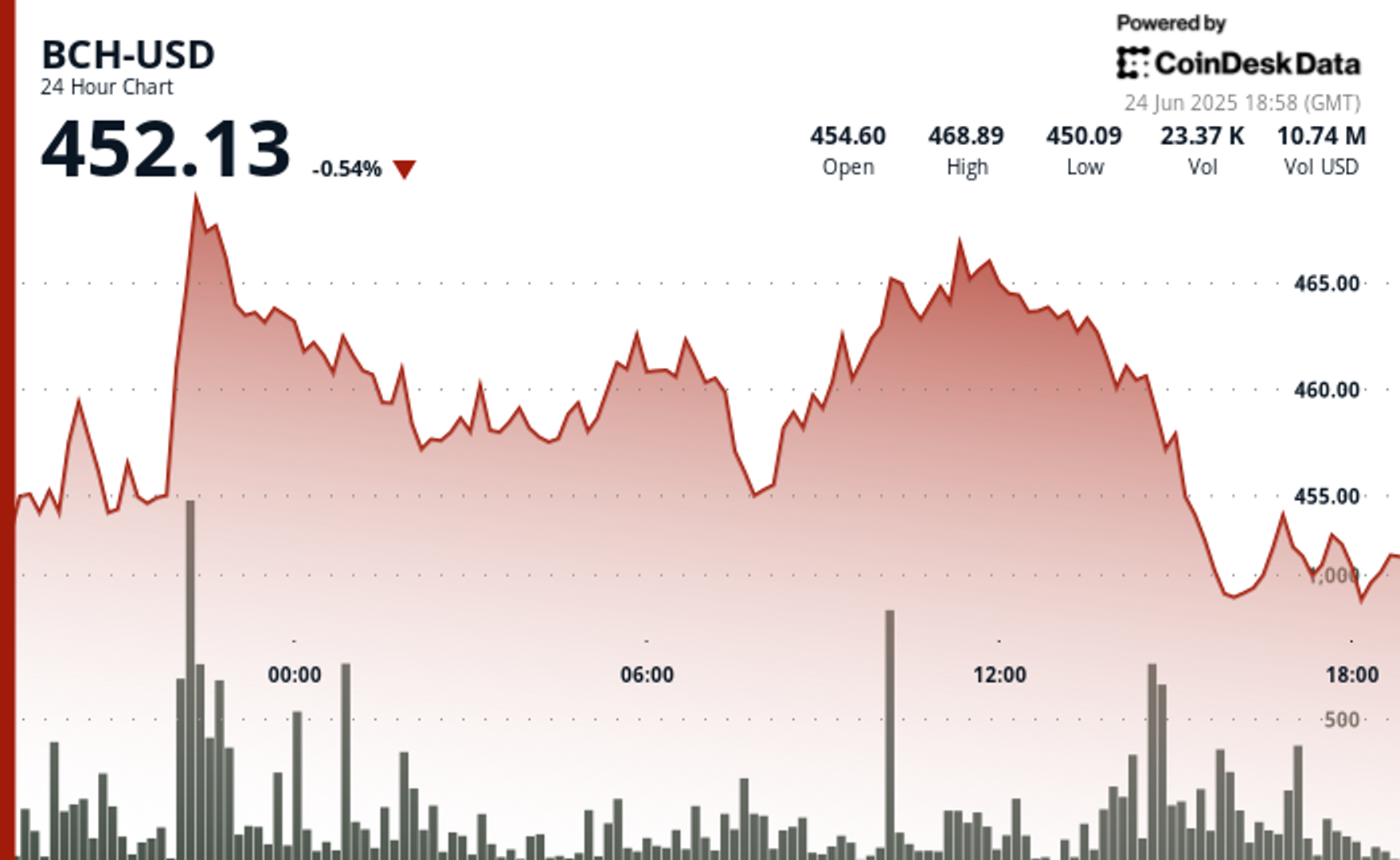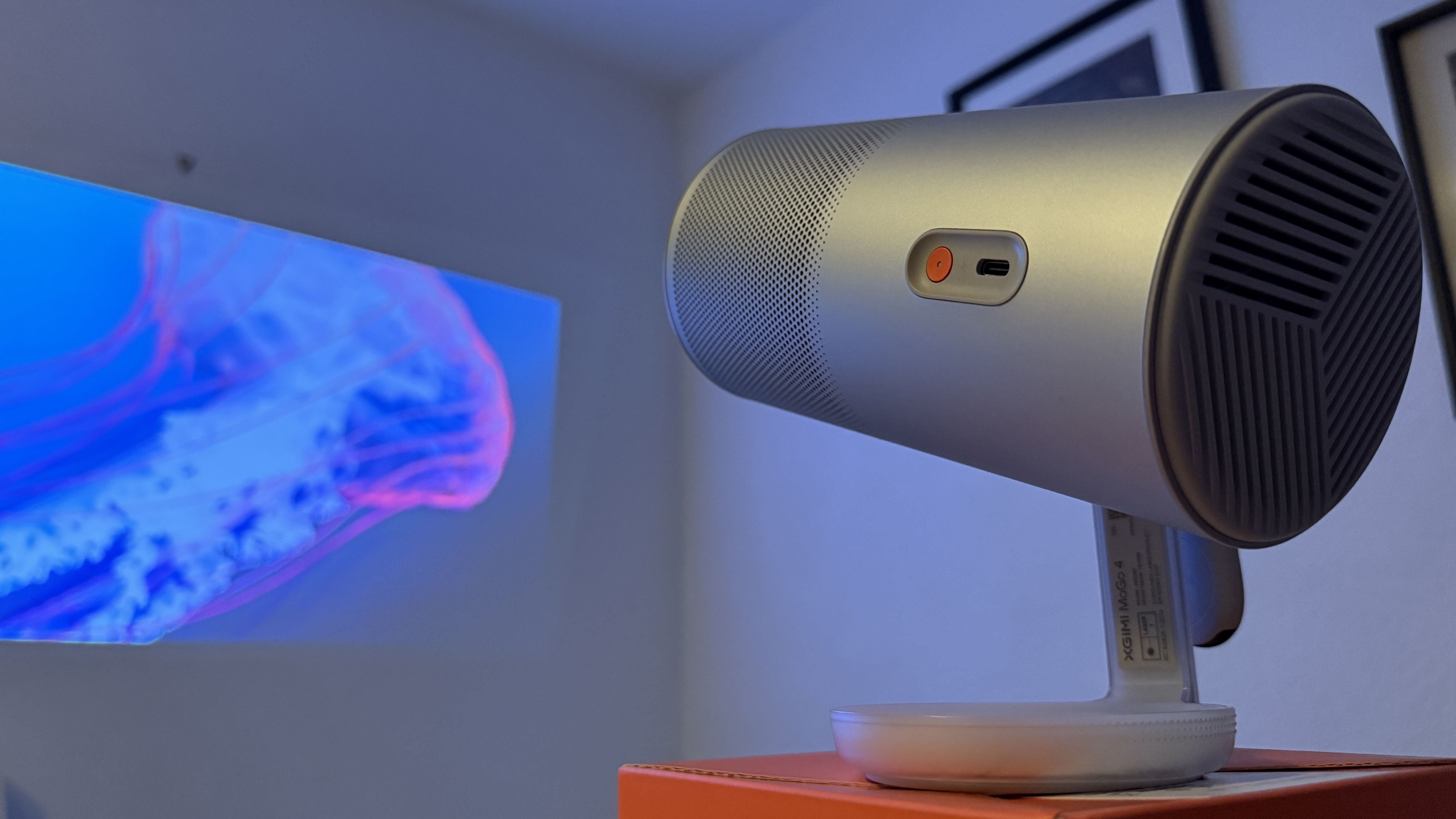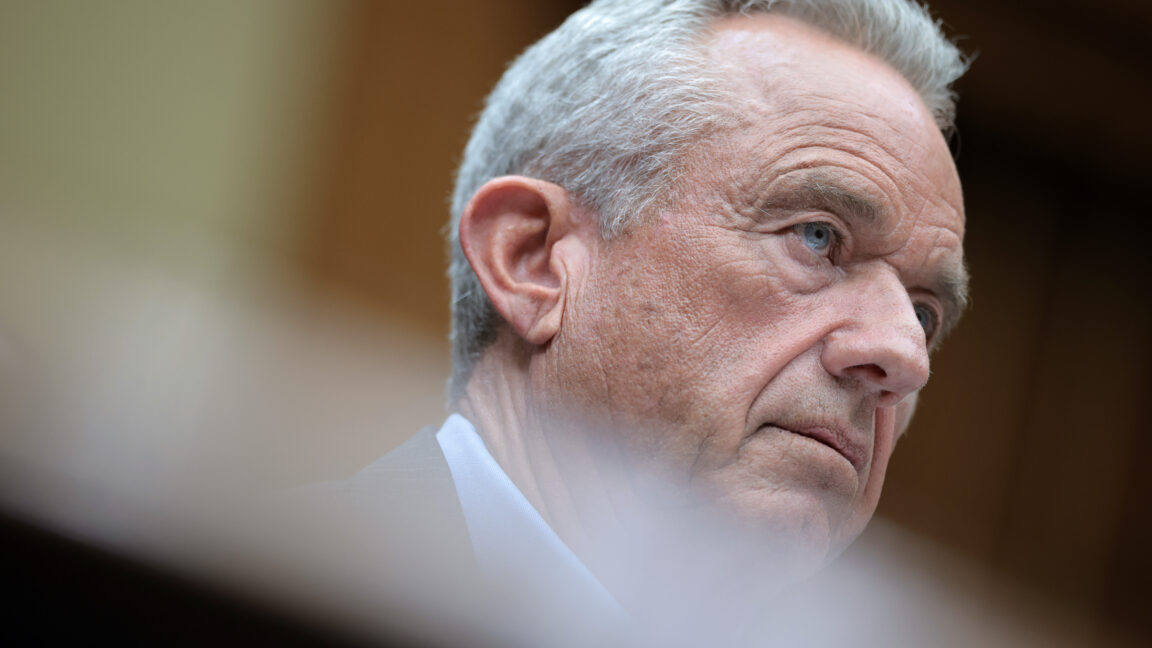Why corporate travelers and wealthy flyers are turning to fractionally-owned private jets
“I would argue that for most people who own their own airplane, it really doesn’t make financial sense for them,” says Patrick Gallagher, president of jet-sharing company NetJets.

Private-jet owner NetJets Aviation estimates that the average corporate jet flies fewer than 100 hours per year. Given that average flight times are close to two hours, this means these jets are in use for a total of only 50 days annually.
“I would argue that for most people who own their own airplane, it really doesn’t make financial sense for them,” says Patrick Gallagher, president of NetJets.
To lure corporate clients and high-net-worth travelers who fly private, NetJets sells fractional ownership, pooling buyers together to share the costs of maintenance staff salaries, insurance, hangar rent, and other expenses, while granting them reliable access to a private jet for their travels.
The business model was so alluring to investor Warren Buffett that after he used the company’s service for three years, his multinational conglomerate Berkshire Hathaway bought NetJets in 1998. Today, NetJets operates more than 1,000 aircraft, making it one of the largest airline companies in the world by fleet size.
Private-jet travel experienced a marked increase in demand when the pandemic subsided, as consumers who were eager to resume traveling after the lockdowns embraced what came to be known as revenge travel.
“Airlines, in my opinion, have lost their first-class passengers, with the exception of some of the international carriers,” says Janine K. Iannarelli, founder and president of aviation consultancy Par Avion, who attributes the shift in spending to a lower quality of service from large airlines, as well as frequent flight delays or cancellations. Those passengers are now increasingly flying private, Iannarelli adds, and “mostly they went to fractional shares.”
While the industry’s growth has slowed over the past two years, private jet travel is still outpacing pre-pandemic levels. Fractional ownership continues to gain market share for the overall private jet market. Last year, international departures for aircraft that are fractionally owned grew 11% from 2023, easily outpacing the overall industry’s 0.2% drop, according to aviation industry data analytics provider WingX.
“Corporate users are divesting their own airplanes and moving into solutions like NetJets,” says Gallagher, whose customers include more than 40 of the Fortune 100 businesses.
Gallagher and his industry peers say there’s a lot of white space for private plane operators to chase, citing a 2020 study published by consulting giant McKinsey that showed that 93% of individuals who can afford to fly private aren’t doing so.
With around 5,000 U.S. airports servicing private aircraft today, another advantage of private aviation is that it is often more convenient for travelers than commercial airlines which, by comparison, have access to close to 500 airports. “Once the users of private aviation realize that they are saving a tremendous amount of time, whether it’s in the air or on the ground, they’re sold on private,” says Iannarelli.
NetJets offers customers two different paths to fly private. Pricing for fractional ownership depends on many variables, but it always includes a one-time investment for a “share” of an aircraft. For example, if an individual or company were to buy one-sixteenth of a $16 million plane, that expense would be $1 million. In addition, there are approximately $325,000 in annual operating expenses, and a bill for flying, which covers fuel and ground maintenance. NetJets’ fractional ownership packages cover 50 hours of travel per year, with an option to buy more as needed.
The company’s jet card program can make private travel more affordable, with plans starting at approximately $215,000 annually for 25 hours of travel. Still, jet cards sold by NetJets and others come with restrictions. Not every aircraft in the NetJets fleet is available for jet card holders and private jet flights can’t be booked during busy holidays.
Fractional jet operator Flexjet, which has a fleet of around 325 planes, is buying 182 additional business jets from Brazilian aerospace manufacturer Embraer S.A. to meet rising demand, at a cost of $7 billion. “I think our human nature is wired to accept all business,” says Flexjet CEO Michael Silvestro, of his growth strategy. “But in our case, we were very disciplined to make sure that we could handle any new entrants that wanted to fly with us.”
Flexjet says it sets itself apart from rivals by relying on non-unionized pilots, a strategy which allows the company to assign small crews to each individual aircraft. The company also trains the cabin crew to build hospitality skills, with lessons in wine selection, curating local cuisines and creating floral arrangements, all to provide a more luxurious experience onboard. “It provides a very enhanced level of more intimate service that we can provide to our clients,” says Silvestro. The interiors of the planes themselves feature bespoke themes, decorated in the style of Bentley’s luxury automobiles or Ferretti Groupyachts.
Some private operators in the space distinguish themselves by not only providing flights, but a full itinerary for leisure travel that includes hotel reservations, hard-to-book restaurant hot spots, and excursions.
Capital One’s Velocity Black has offered private aviation since 2020 as part of the company’s fuller suite of digital concierge services. “We do see quite a lot of our U.S. members coming over to Europe for their summer travel,” says Steph Westlake, vice president and head of private aviation at Velocity Black. She says demand is very strong for European destinations along the Mediterranean, particularly for cities including Santorini, Cannes, and Saint-Tropez.
Westlake says the company has an in-house team of experts who help clientele book flights. She says the total transaction value for private aviation bookings with Velocity Black has increased 60% from 2023 to last year. “We’ve seen a massive increase overall in private aviation, and that continues to grow strongly within Velocity Black,” says Westlake.
Publicly traded Wheels Up has a different, innovative business model. For an annual membership of $8,500, flyers can access the company’s fleet of 150 private aircraft, as well as discounted or dynamic rates on those planes. A different membership allows flyers to charter a flight with Wheels Up’s network of private-jet partners.
A third offering available to Wheels Up clients is a collaboration with Delta Air Lines that launches this summer. Passengers who book the first leg of a trip with a seat in Delta One, the airline’s business cabin, to any of five European cities—Athens, Barcelona, Naples, Nice, or Rome—can then book a Wheels Up private plane to a second, more difficult to reach, destination like Mykonos or Ibiza.
“If you think back to the beginning of aviation, private and commercial have always been entirely separate,” says Wheels Up CEO George Mattson. “Nobody’s ever tried to integrate them into one offering.”
Mattson previously served on Delta’s board for 11 years, and has served as CEO of Wheels Up for the past 18 months. The companies are closely connected through Delta’s 40% ownership in the private jet operator, which Mattson says fits into the commercial airline’s strategy to create a more premium and convenient experience for travelers.
“Do I want to get out of Delta One, go down a set of stairs, get in a car, clear security, and get on a plane that’s waiting for me when I arrive, not six hours later?” asked Mattson, explaining his pitch to clients. “What is that worth? It’s worth a lot, I think, to some people.”
This story was originally featured on Fortune.com





![How Social Platforms Measure Video Views [Infographic]](https://imgproxy.divecdn.com/AncxHXS242CT-kDlEkGZi7uQ2k70-ebTAh7Lm14QKb8/g:ce/rs:fit:770:435/Z3M6Ly9kaXZlc2l0ZS1zdG9yYWdlL2RpdmVpbWFnZS9ob3dfcGxhdGZvcm1zX21lYXN1cmVfdmlld3MucG5n.webp)




![How Google’s AI Mode Compares to Traditional Search and Other LLMs [AI Mode Study]](https://static.semrush.com/blog/uploads/media/86/bc/86bc4d96d5a34c3f6b460a21004c39e2/f673b8608d38f1e4be0316c4621f2df0/how-google-s-ai-mode-compares-to-traditional-search-and-other-llms-ai-mode-study-sm.png)


























